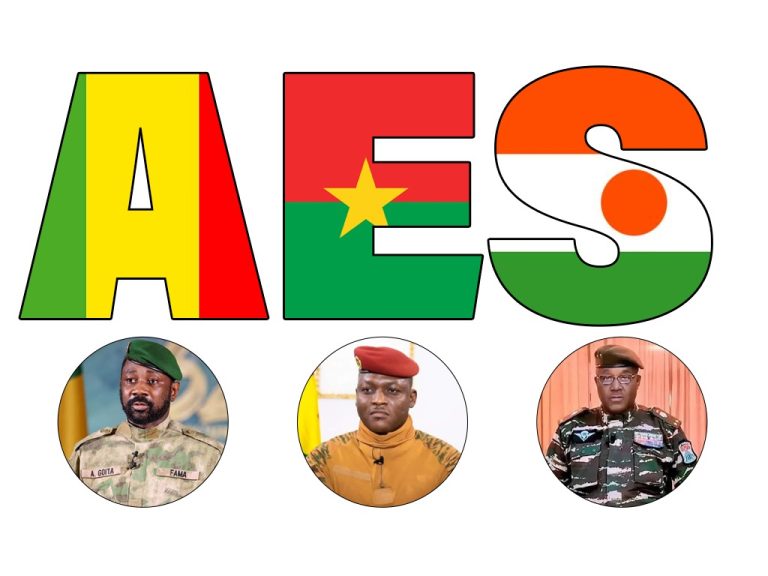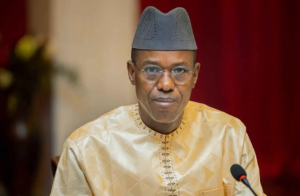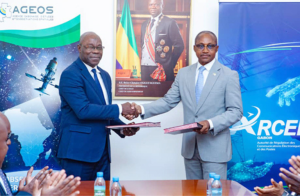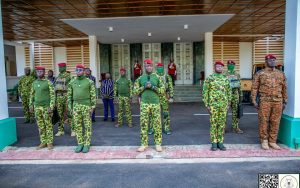Sahel: AES strengthen with imminent launch of joint biometric passports

The Alliance of Sahel States (AES), comprising Mali, Burkina Faso, and Niger, is gearing up for a significant step toward deeper regional integration. In a televised address on Sunday night, Malian President Assimi Goïta announced the upcoming launch of a unified biometric passport for the three nations.
This initiative will mark a new chapter in the collaboration of this three sahelian countries following their split from the Economic Community of West African States (ECOWAS).
“In the coming days, the biometric passport for the Alliance of Sahel States will be introduced,” stated Colonel Goïta.
This measure aims to standardize travel documents across the region, easing movement for citizens of these countries.
Beyond its practical benefits, the project signals a strategic push for regional sovereignty, as these states work to establish a more unified economic and political bloc, free from ECOWAS influence.
The introduction of this common passport goes beyond administrative reform; it represents a key milestone in solidifying the AES as a regional entity.
This development is seen as part of a broader vision for the three countries, each of which has experienced political upheaval leading to military-led governments.
The biometric passport serves as a powerful symbol of their shared commitment to greater autonomy and cooperation, while also addressing long-standing challenges related to cross-border mobility in a region fraught with security and economic issues.
President Goïta also highlighted the importance of investing in the necessary infrastructure to connect AES member states more effectively.
He emphasized the alliance’s plans to enhance transportation networks, communication systems, and information technology to strengthen regional ties and boost local economies.
This vision underscores the leaders’ ambition to create a foundation for sustainable development, where modern infrastructure will play a key role in fostering trade and regional cohesion.
Ali ZOUNGRANA











